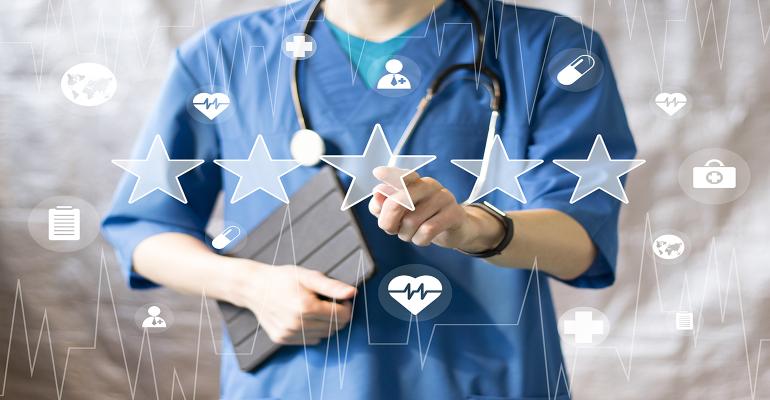Hospitals and health care organisations that adopt a risk-based approach to JCI evaluations can focus their limited resources on outcomes that truly matter. Dr Joel A Roos, Vice President of International Accreditation, Quality Improvement and Safety at the Joint Commission International (JCI) is speaking at the Arab Health Quality Management conference today to raise awareness of the benefits of the JCI SAFERTM Matrix.
The SAFERTM Matrix allows JCI surveyors to assess risk and potential areas of vulnerabilities so organisations can prioritise corrective actions. This data-led approach may make or break overstretched hospitals especially during the pandemic, so that CEOs and quality improvement teams can focus their efforts on what is important, Dr. Roos said. “One of the key benefits is that organisations will know where they stand. The SAFERTM Matrix allows health care staff to focus time, money and effort on the most important issues that affect patient safety. At the end of the day, it provides clarity,” he added.
“Infection control in organisations is a priority during the pandemic. We certainly have not changed our standards. We have noticed improved quality while evaluating institutions through the accreditation process.”
Dr. Roos noted that it was difficult to organize in-person assessments as an accrediting body during the pandemic. “The last thing we wanted was to get in the way of patient care during an emergency situation. Hospitals had to delay accreditation and focus on patients ahead of everything else, and rightfully so,” he said.
JCI adapted its accreditation delivery process to conduct remote surveys during lockdown. “This is where video technology, via cell phones, tablets, or laptops, has been useful. We can conduct a very accurate and comprehensive survey remotely without ever leaving the confines of another country.”
JCI also has adopted a hybrid approach that sends one person to a health care organization instead of a team and uses technology to expand its teams in other geographies. “We started using technology and methods to perform the survey process without sacrificing rigor, collaboration and integrity.
The biggest challenge for hospitals has been keeping focus on quality improvement, Dr. Roos said. “Health care workers have been pressed into service to provide care. It has been “all hands-on deck” during the pandemic just to keep operations running. During a mass casualty event in an emergency department, (health care workers) are focused on getting things done, and may be doing things differently than if they were during normal operations.”
With COVID-19 pushing telemedicine to the forefront, JCI is now working on accrediting these services. “It is kind of like the Wild Wild West (in telemedicine) as there are so many different organisations incorporating telemedicine in a variety of methods. Telemedicine is very effective and is not going away, nor should it.
“It has a tremendous role in bringing access to patients in remote areas, for example, but there needs to be quality standards and methodologies established for telemedicine use. Telemedicine standards do not currently exist. JCI is clearly moving in that direction and will focus upon telemedicine and strive to provide a comprehensive solution.”

To learn more about improving your organisation’s quality management, attend JCI’s Dr. Joel A. Roos’ presentation 'Joint Commission International SAFER Matrix: A Tool to Assess Safety Risk', at 12.45 p.m. at the Quality Management conference at The Conrad Hotel.


